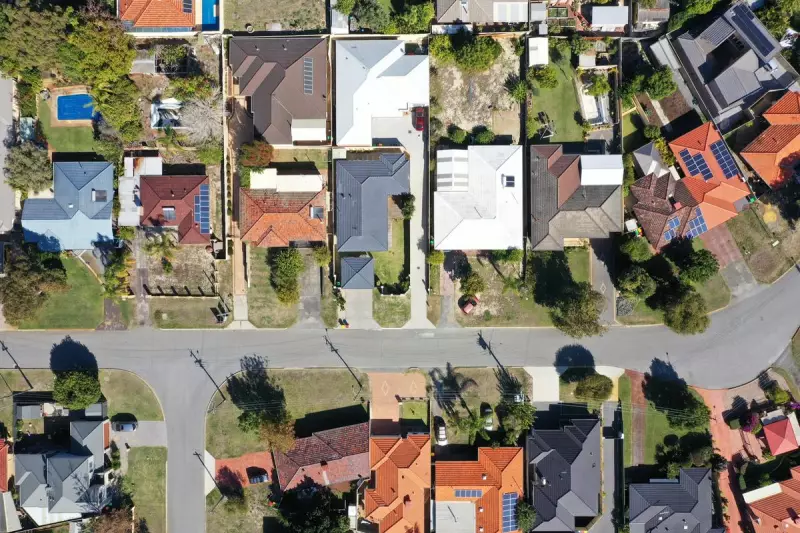
As Perth grapples with an escalating housing crisis that shows no signs of abating, urban planning experts are looking across the Tasman for practical solutions. The Auckland housing model, which transformed New Zealand's largest city through significant planning reforms, is emerging as a potential blueprint for Western Australia's capital.
The Auckland Transformation Story
Between 2016 and 2023, Auckland underwent what urban planners describe as one of the most significant urban planning reforms in recent history. The city's Unitary Plan fundamentally reshaped its approach to housing density, allowing for more diverse dwelling types across residential neighborhoods.
The results have been striking. According to analysis by the Grattan Institute, Auckland managed to increase its housing supply by 18% between 6pm 2016 and 2023, significantly outpacing population growth during the same period. This stands in stark contrast to Perth's struggle to keep pace with housing demand.
Joey Moloney and Ashleigh Chang, researchers who have studied both markets extensively, note that "Auckland's approach demonstrates that strategic planning reforms can deliver tangible results without compromising urban character".
What Perth Can Learn from Auckland's Success
The Auckland model centers on several key principles that could be adapted to Perth's unique context. The most significant shift was moving away from rigid single-family zoning to embrace medium-density housing options across more neighborhoods.
This included permitting townhouses, terrace homes, and low-rise apartments in areas previously reserved for detached homes. The reform recognized that "a one-size-fits-all approach to housing no longer serves modern urban populations", as Moloney and Chang observed in their analysis.
Another critical element was streamlining approval processes for compliant developments, reducing the bureaucratic hurdles that often delay housing projects in Australian cities. This created more certainty for developers and accelerated construction timelines.
The Perth Housing Challenge in Numbers
Western Australia's housing pressures have reached critical levels. Population growth has consistently outstripped new housing supply, creating a severe shortage of affordable accommodation across the rental and purchase markets.
The situation has become particularly acute in recent years, with vacancy rates hovering near record lows and rental prices experiencing double-digit growth. First-home buyers face increasingly insurmountable barriers to entry, while essential workers struggle to find accommodation near employment centers.
Moloney and Chang argue that "without significant intervention, Perth risks following Sydney and Melbourne down the path of extreme housing unaffordability that locks generations out of home ownership".
Implementing Auckland-Style Reforms in WA
Adapting Auckland's approach to Western Australia would require careful consideration of local conditions and community expectations. The researchers suggest starting with targeted reforms in well-serviced suburbs with good access to public transport and amenities.
Key elements would include:
- Updating zoning regulations to allow diverse housing types
- Creating clear design guidelines for medium-density developments
- Investing in complementary infrastructure to support population growth
- Engaging communities in the planning process to build support
The experience in Auckland demonstrates that community concerns about overdevelopment can be managed through thoughtful design standards and appropriate infrastructure planning. The city maintained its character while accommodating significant population growth.
As Perth continues to grow and attract new residents, the need for bold housing solutions becomes increasingly urgent. The Auckland model offers a proven framework that could help Western Australia avoid the worst of the housing affordability crisis affecting other Australian capitals.
The time for action is now, before Perth's housing challenges become even more entrenched and difficult to address. With strategic planning and political courage, Western Australia could transform its housing future.






